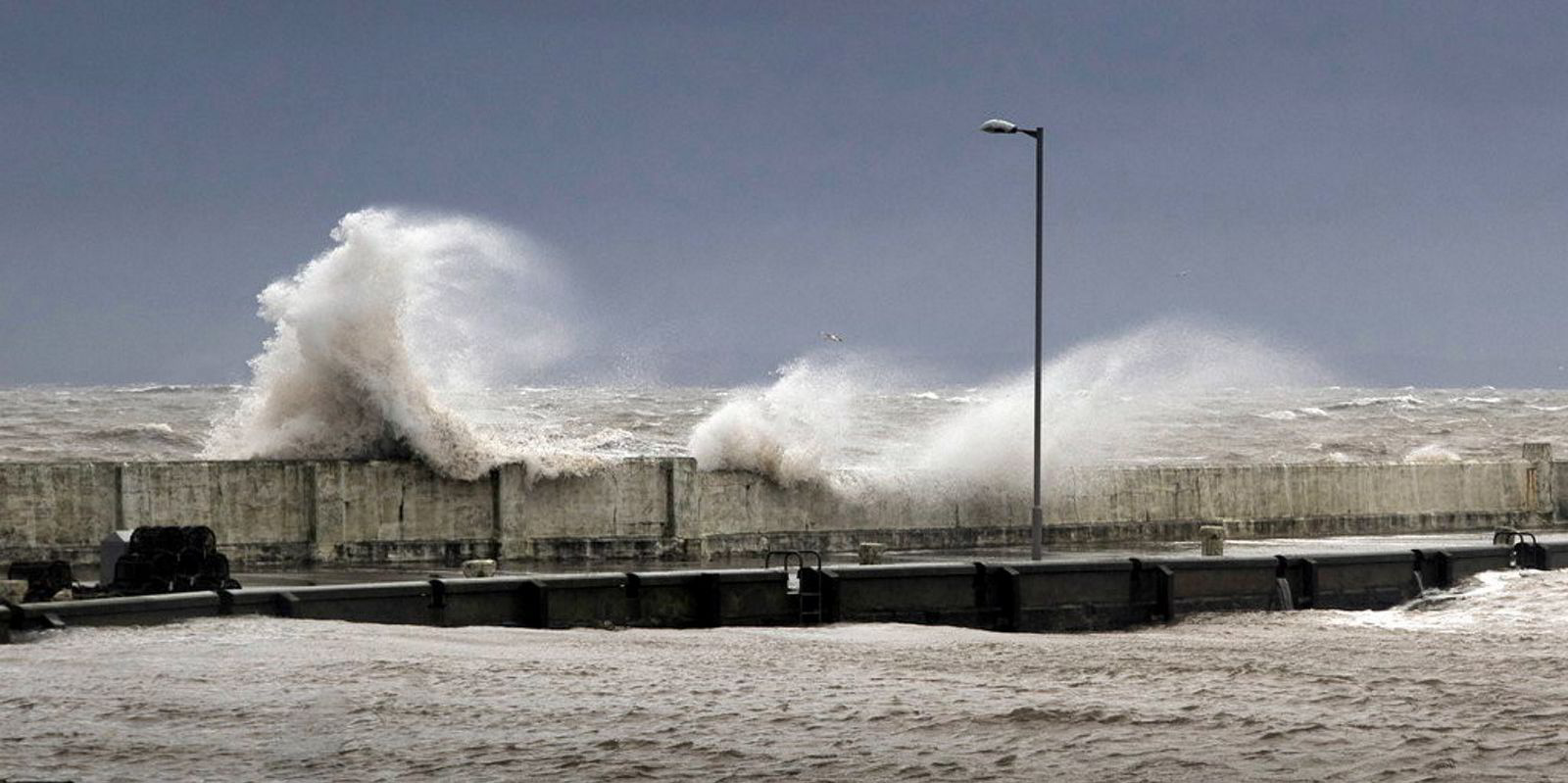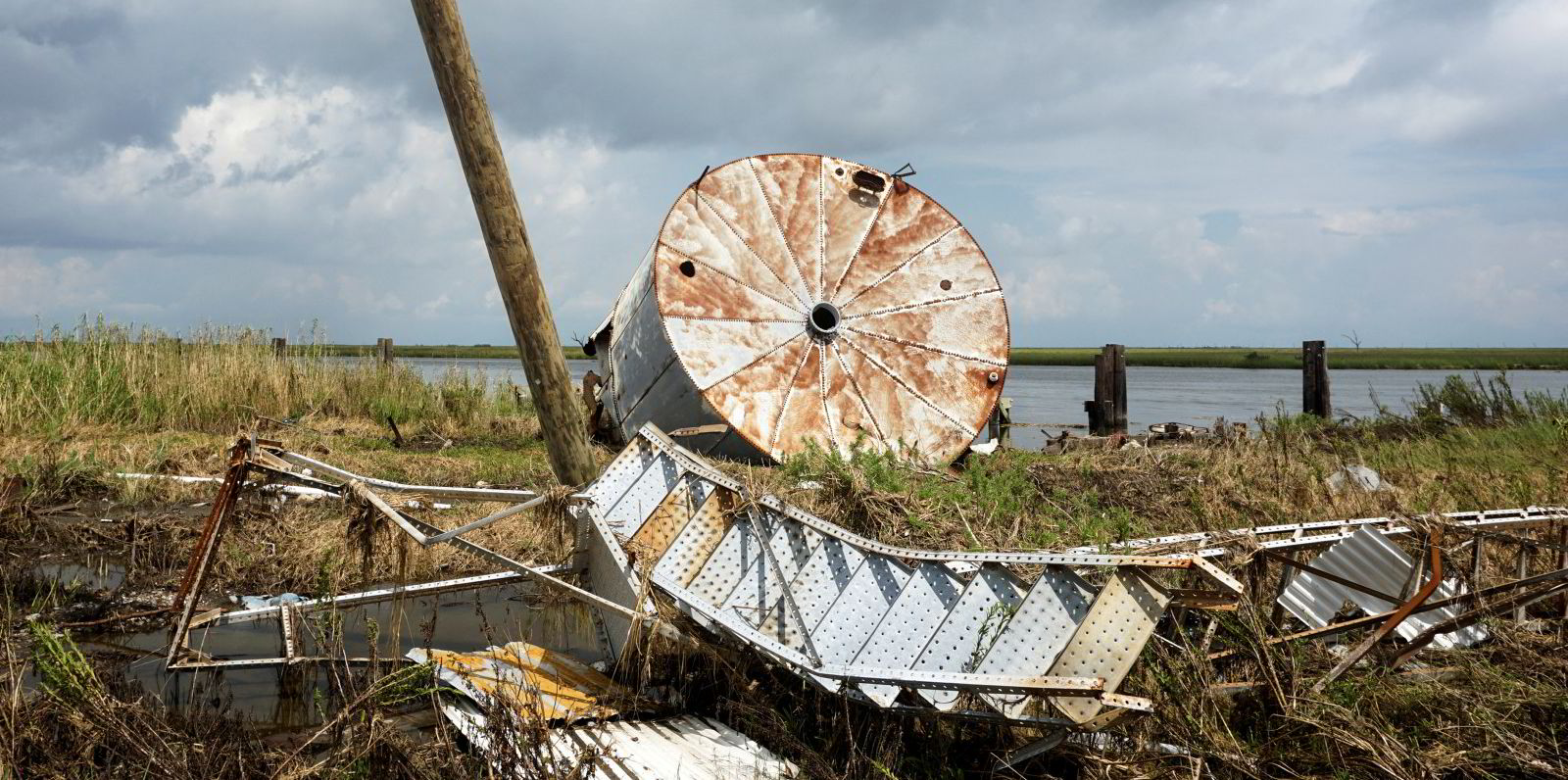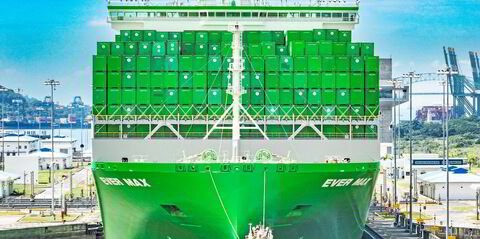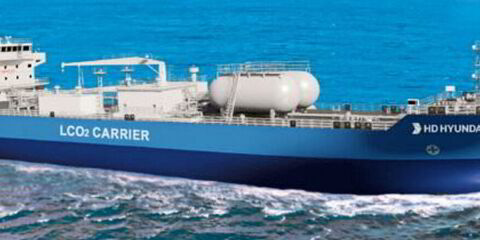Ports and shipping are expected to see the cost of climate change balloon by between $2.9bn and $9.8bn per year if the current trajectory continues, according to new research.
The study by Environmental Defense Fund (EDF) and non-profit research institute RTI International found that those costs rise to between $7.6bn and $25.3bn per year by the end of the century.
But that is just if nothing changes. The report’s authors wrote that actions now to reduce emissions can help avoid the worst impacts of climate change.
The figures sound a warning for shipping at a time when the industry has an opportunity to act, said Marie Hubatva, senior manager for EDF’s global transport team.
“By stepping up to reduce emissions and invest in zero-carbon fuels, shipping leaders could help avoid these costly consequences and build a more sustainable future for the industry,” she said.
The study found that in 2050, increased storm damage to ports worldwide could rise to $1.8bn to $7.1bn in 2050, growing to between $4.5bn and $17.7bn in 2100.
Annual port description costs related to climate change rise by $1.1bn to $2.7bn by the middle of the century, growing to $3.1bn to $7.6bn in additional costs 50 years later.
But the report’s authors conclude that more information is needed to tally the true cost of climate change, which is likely to be much higher, especially as ports and trade continue to grow.
“While our report uses the best information available to paint a picture of the true economic cost of climate change on international shipping, the reality is that these figures are likely underestimating the total scale of the consequences,” said George Van Houtven, director of ecosystem services research at RTI.
“Considering the unpredictable volatility of climate change and the immense complexity of the shipping sector, we simply need more data to show the full picture,” he said.
In addition to the cost of disruption and weather, ports will likely need to invest between $121bn and $176bn by 2050 to protect against sea-level rise and larger storm surges, figures that rise to between $151bn and $205bn at the end of the century.
And climate change impacts could deliver a blow to cargo flows, with climate change taking a bite out of maritime trade to the tune of 5.3bn to 11.8bn tonnes by the end of the century.





